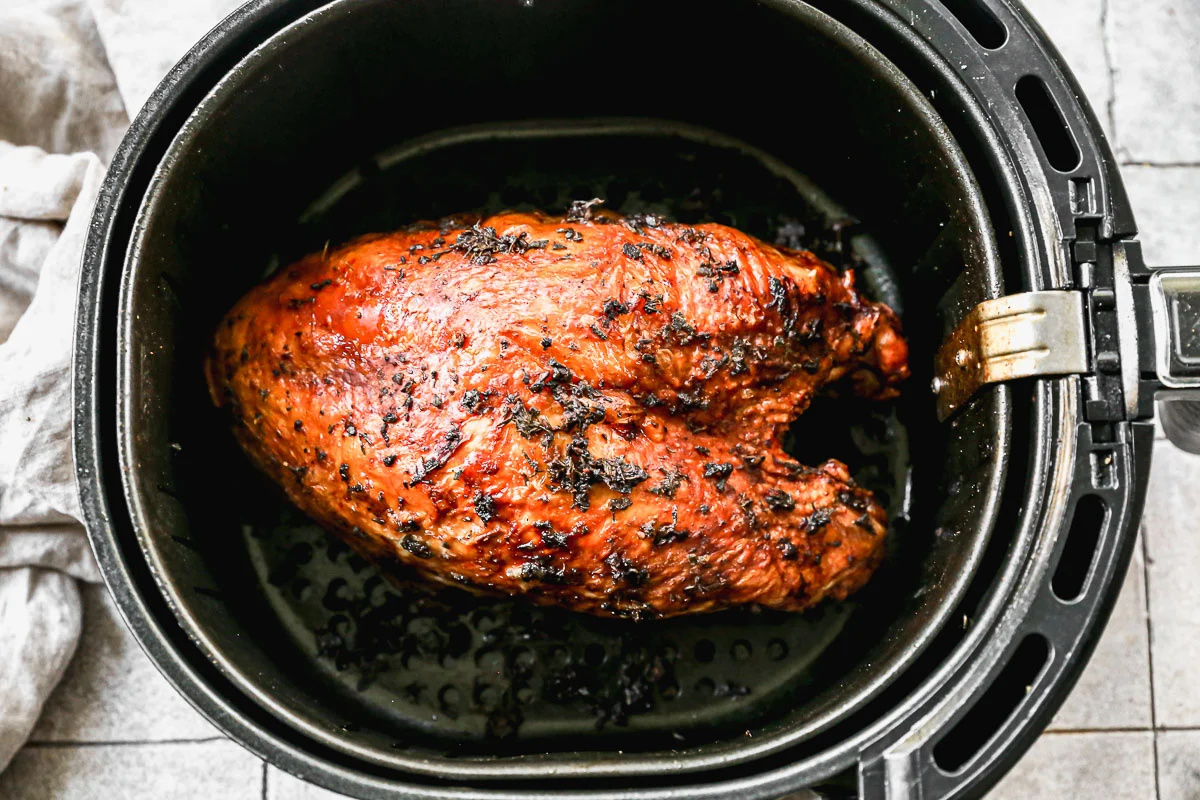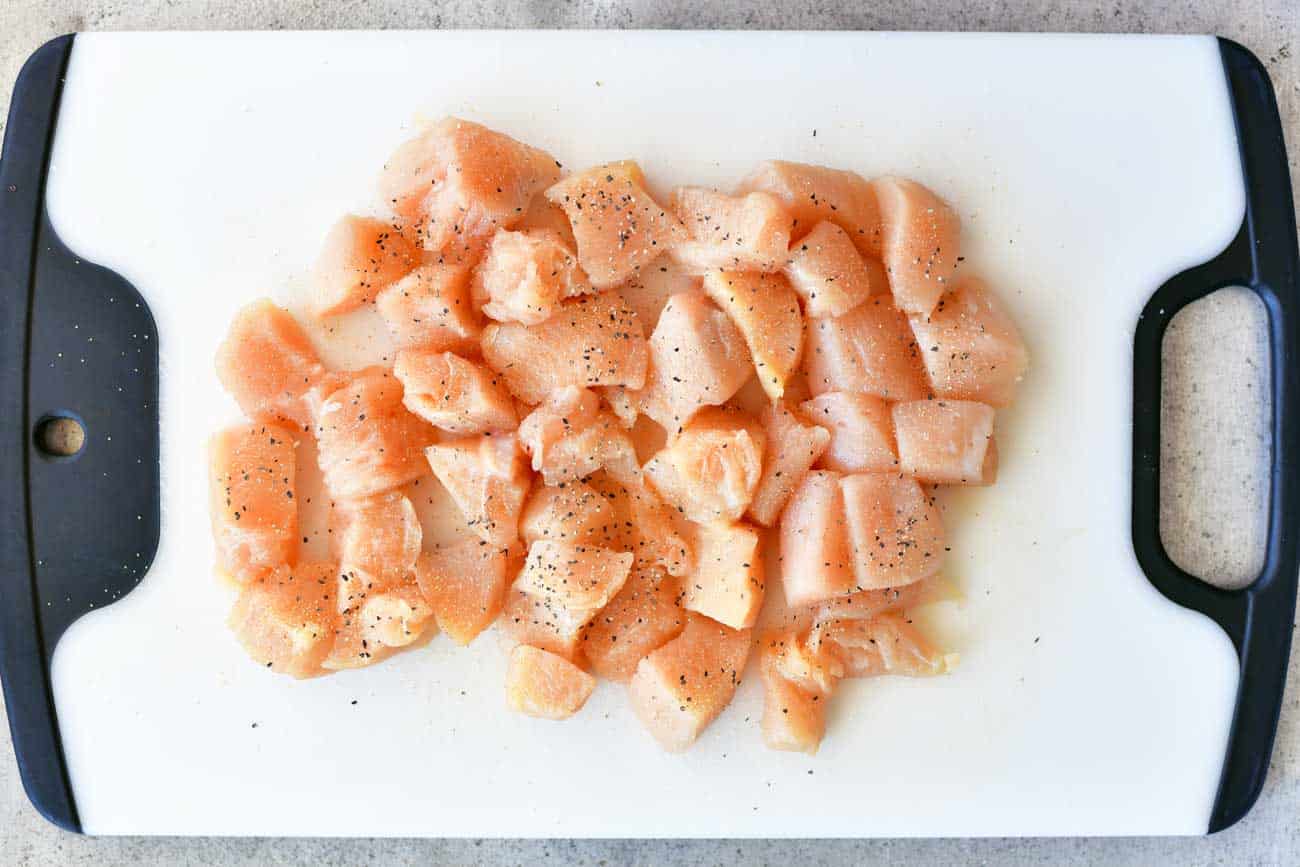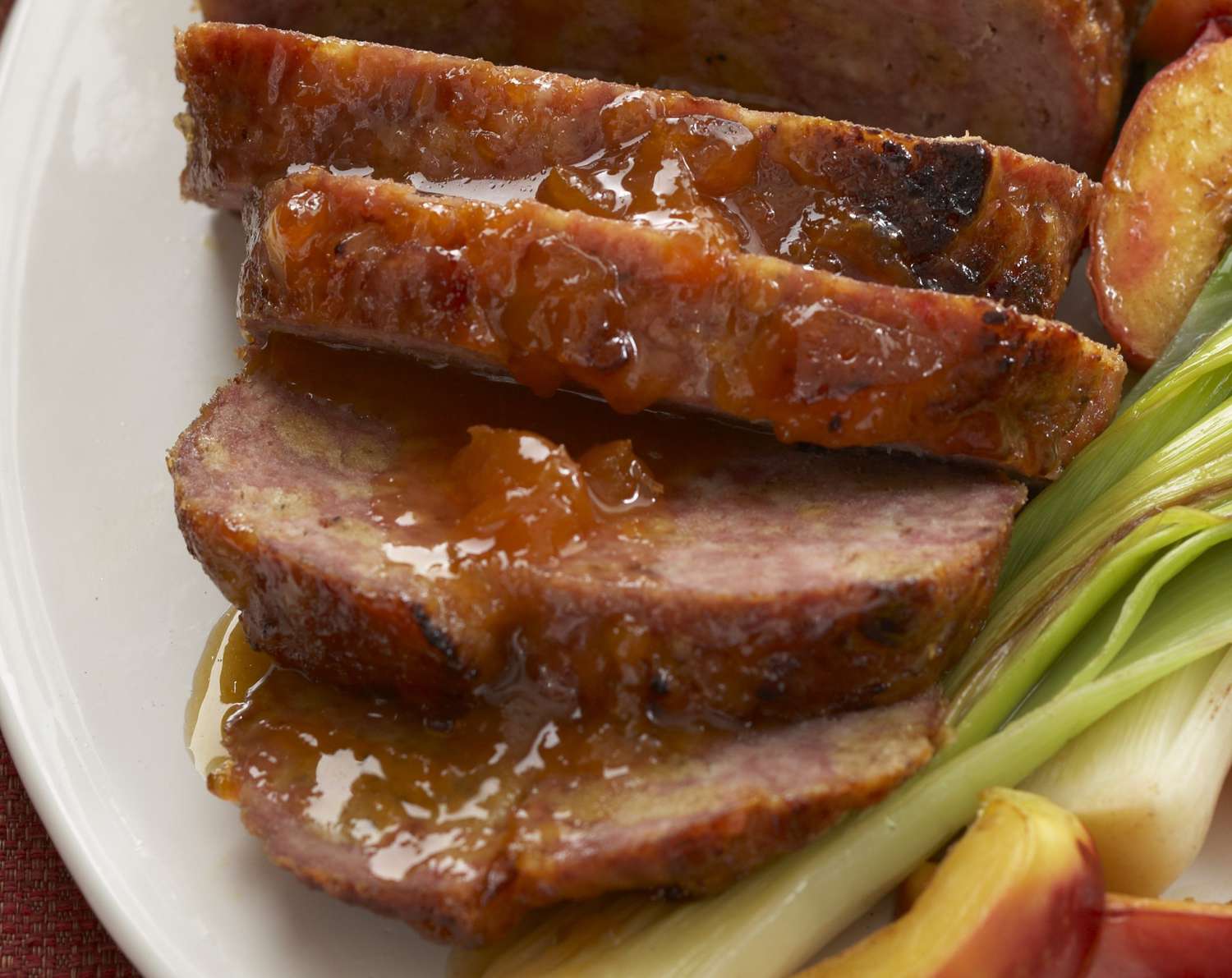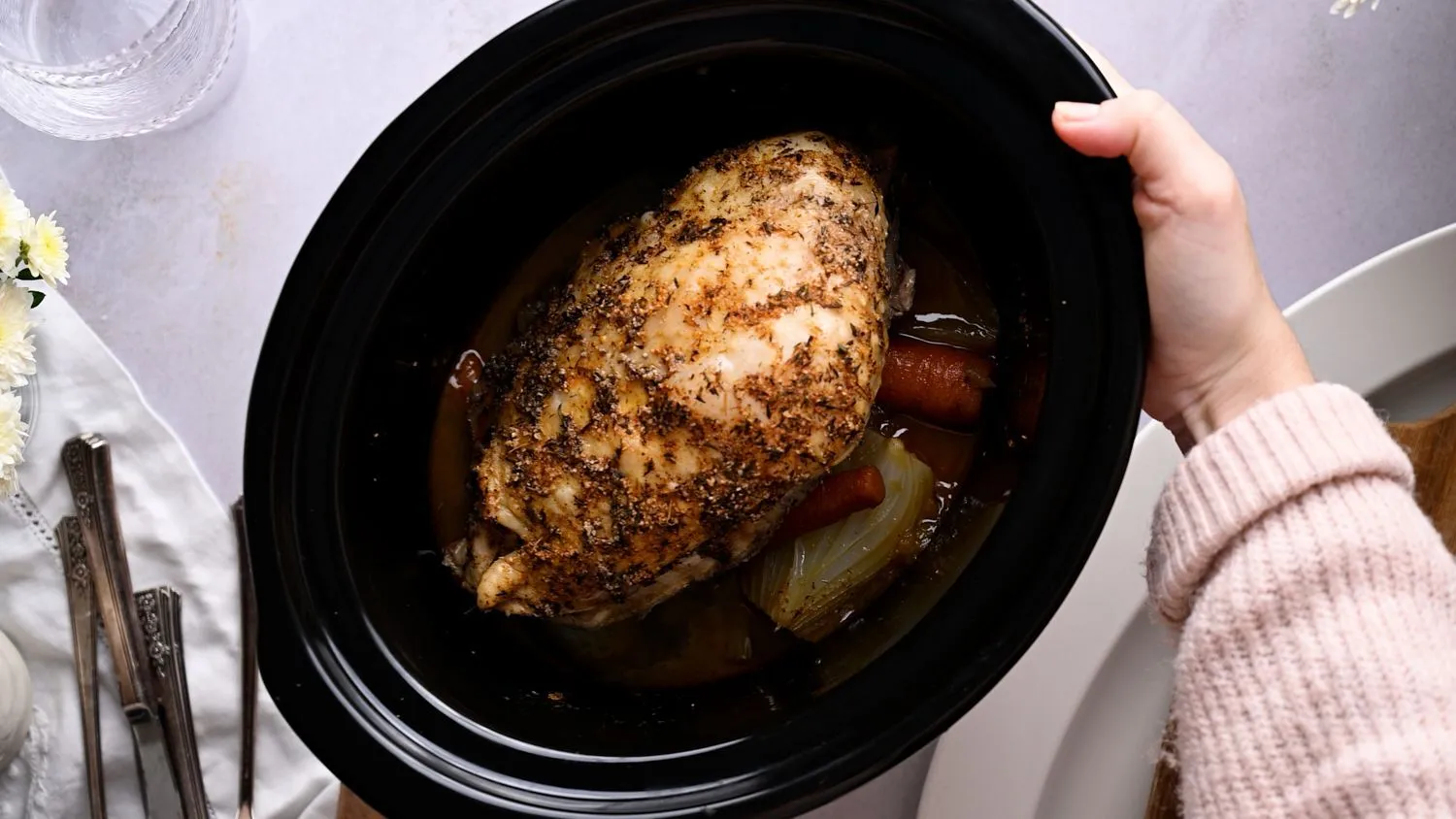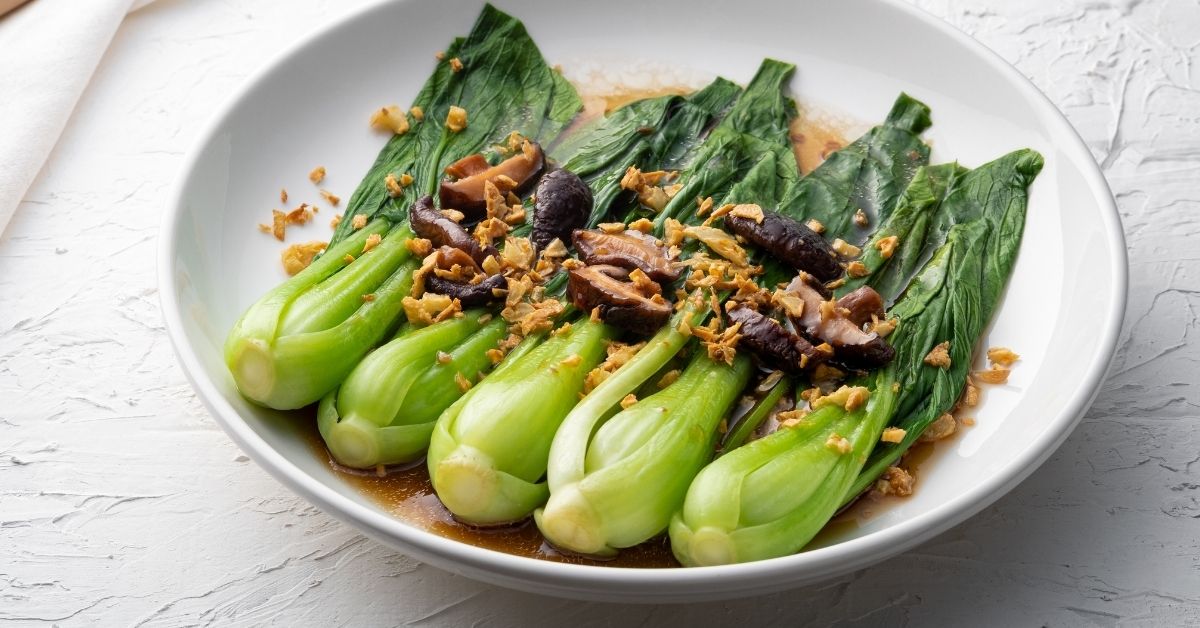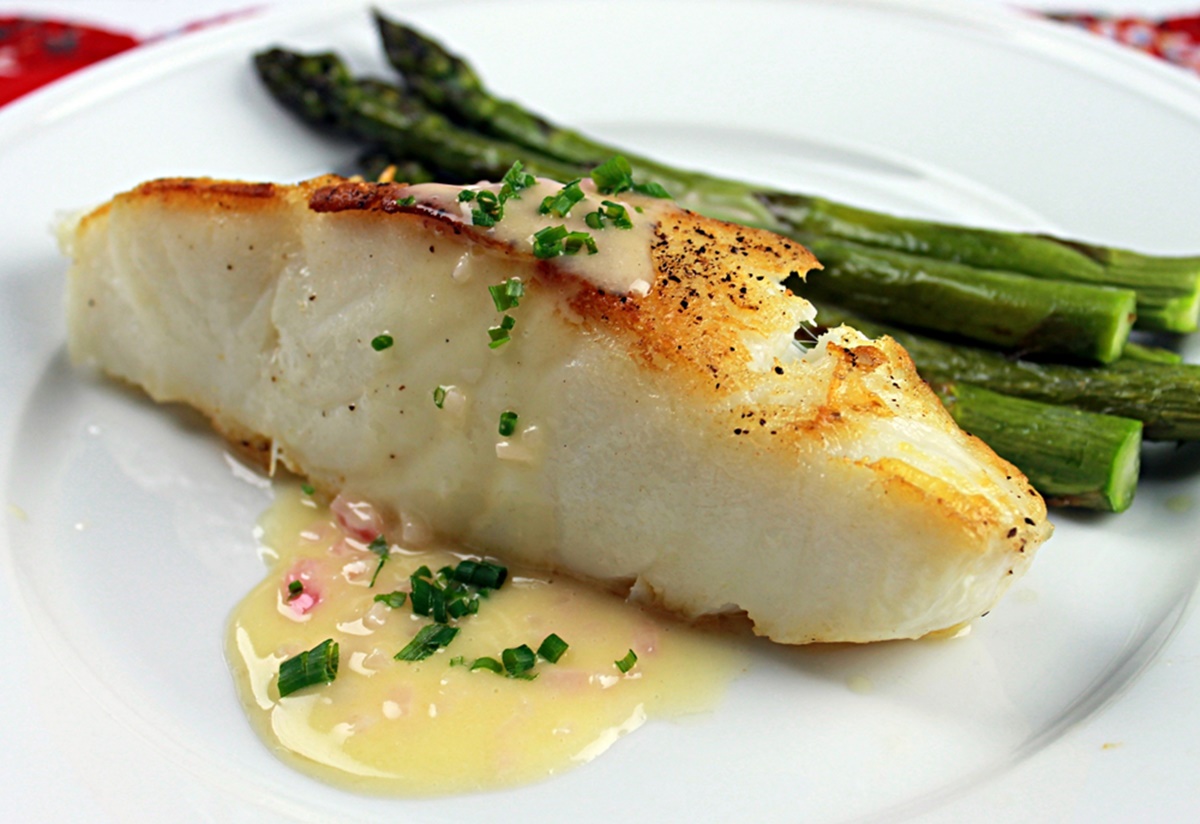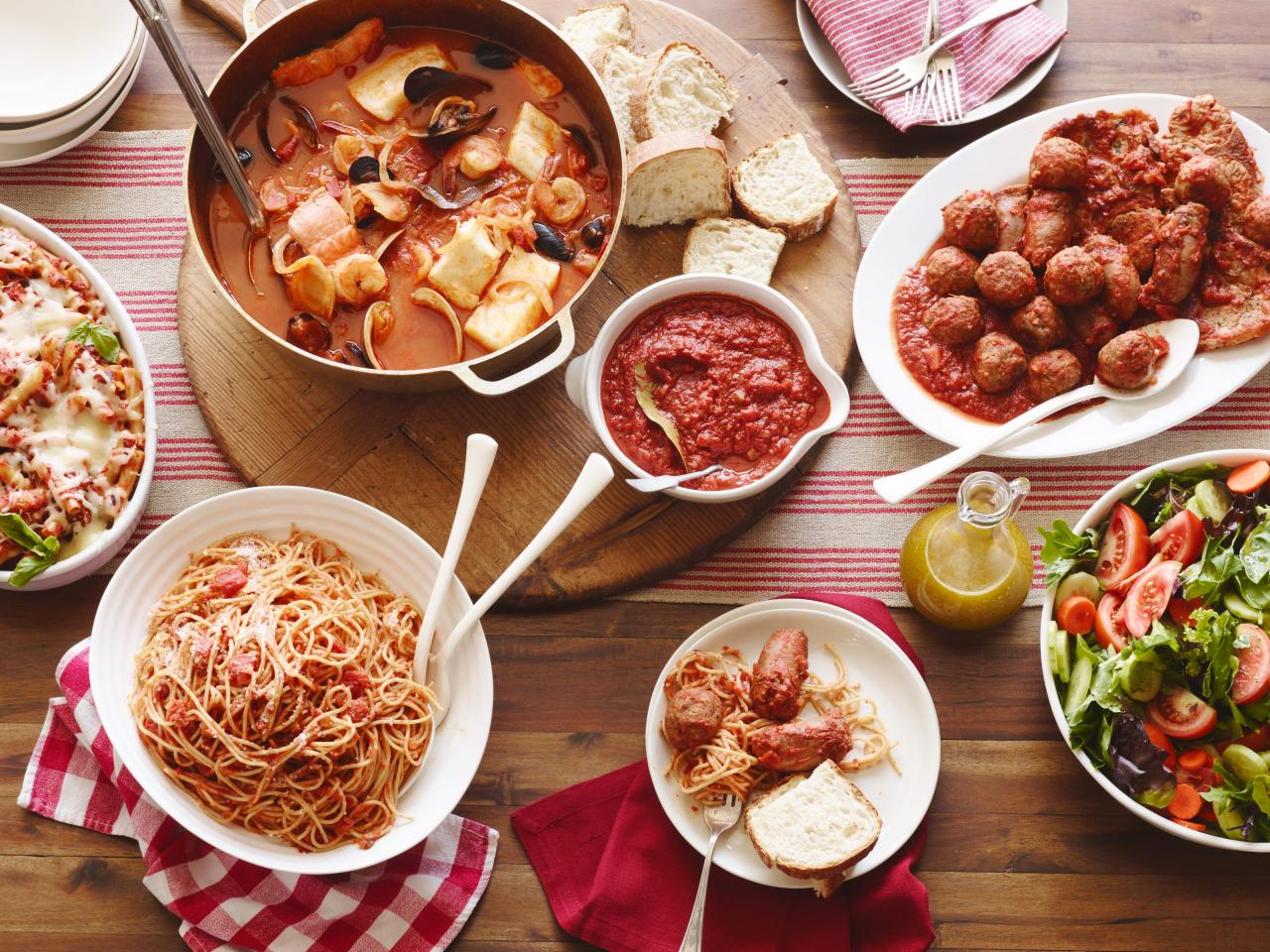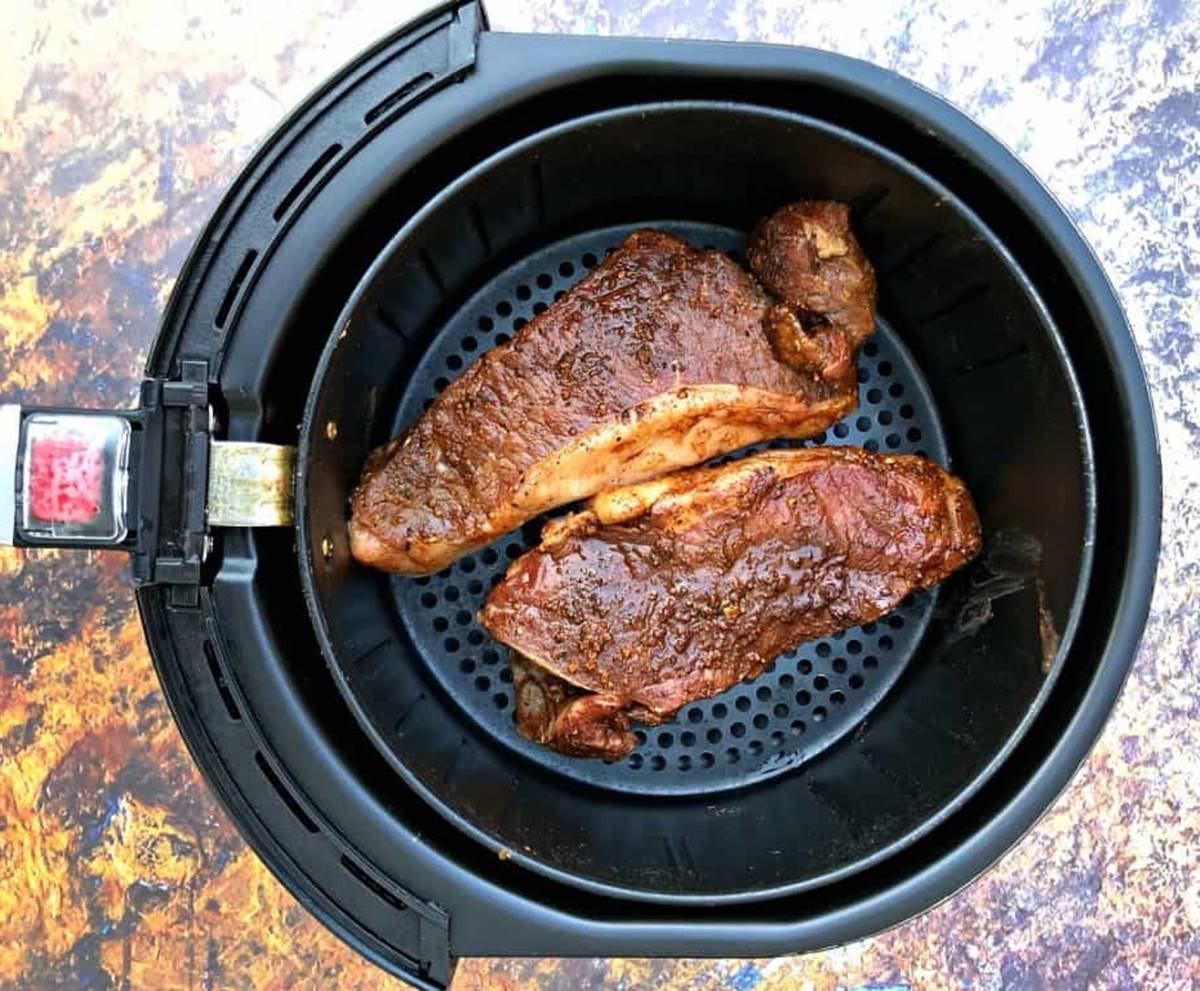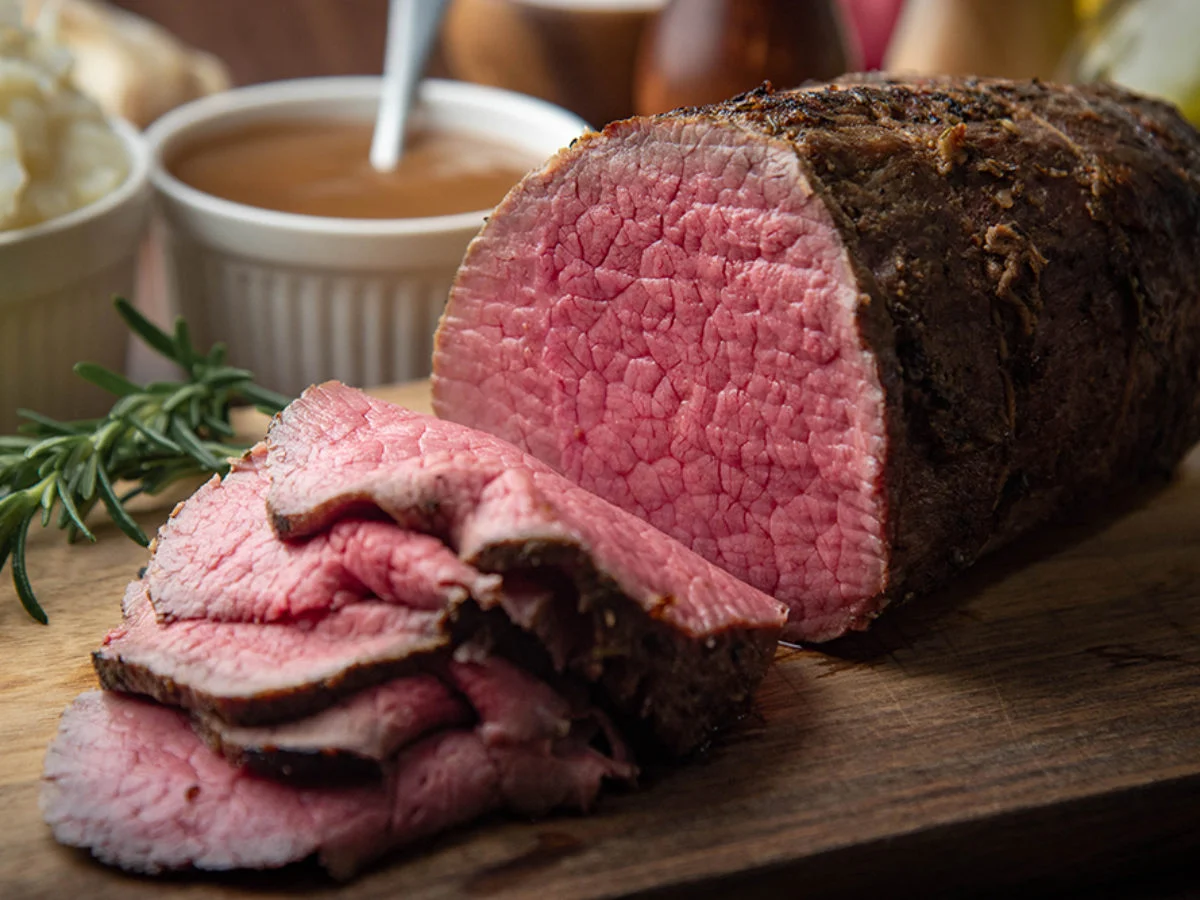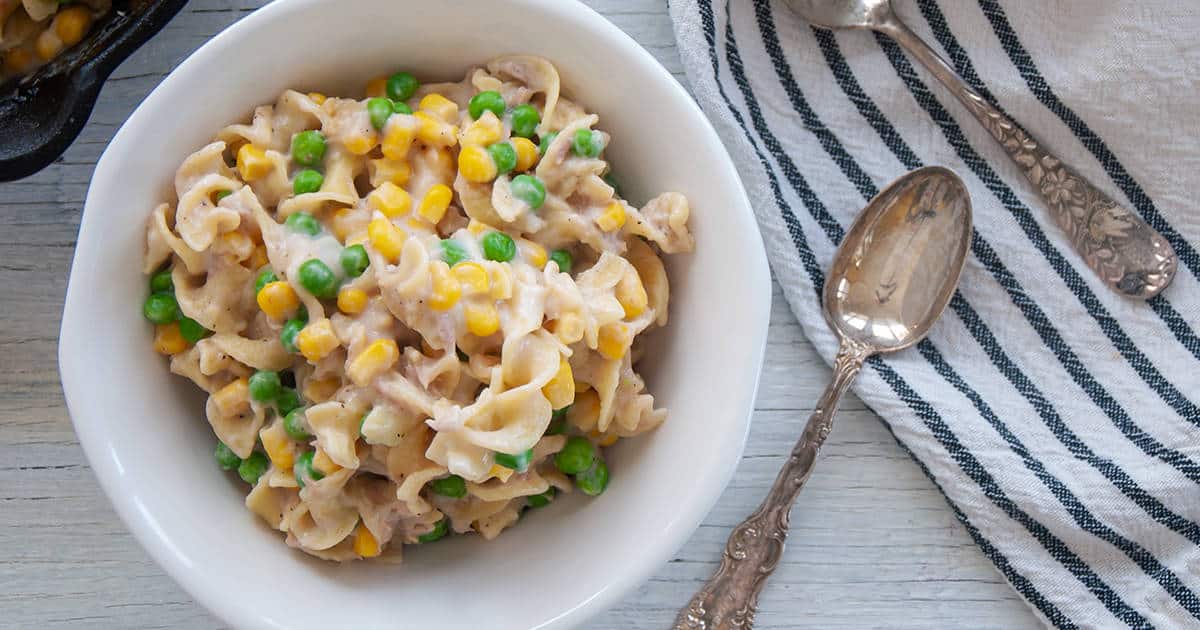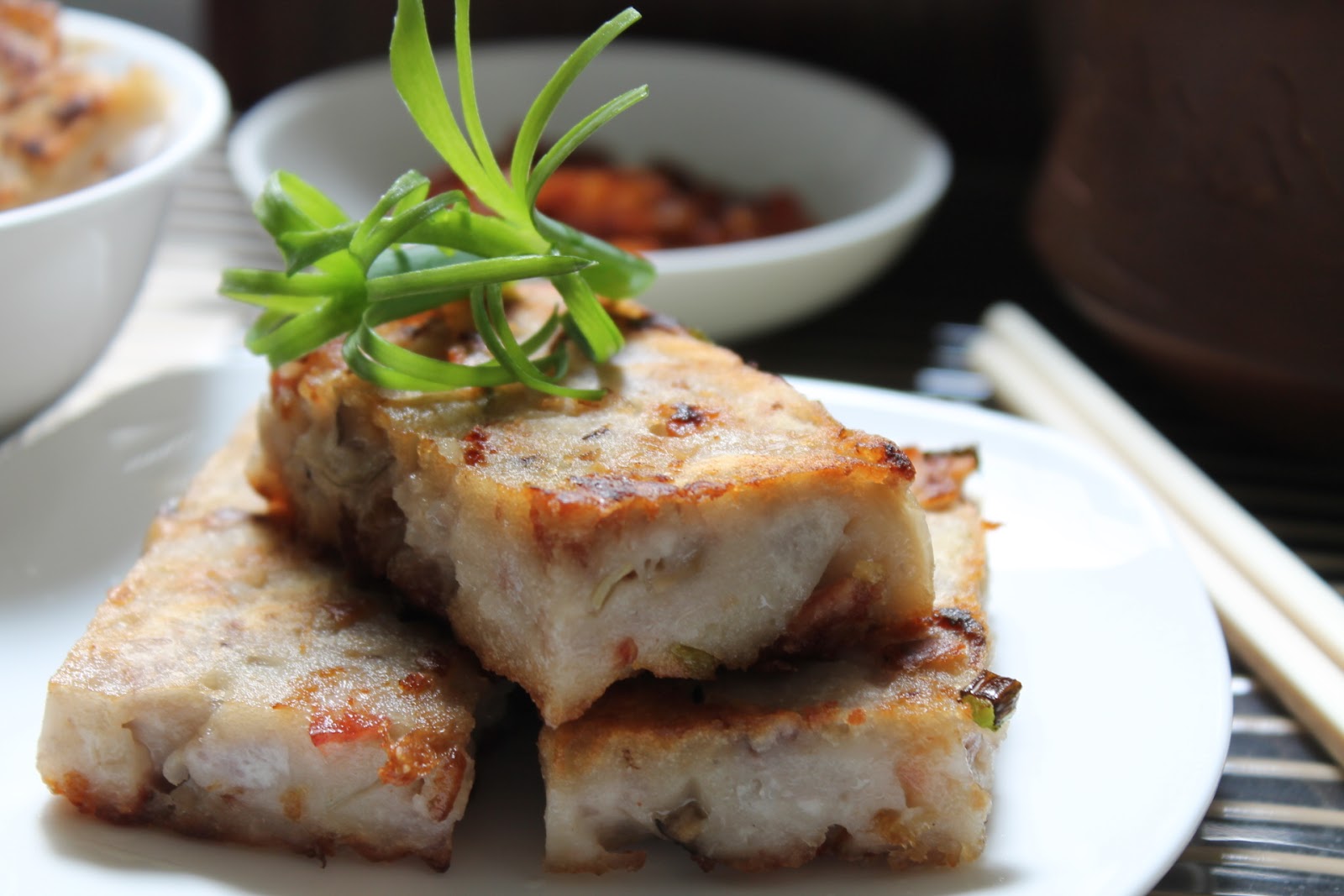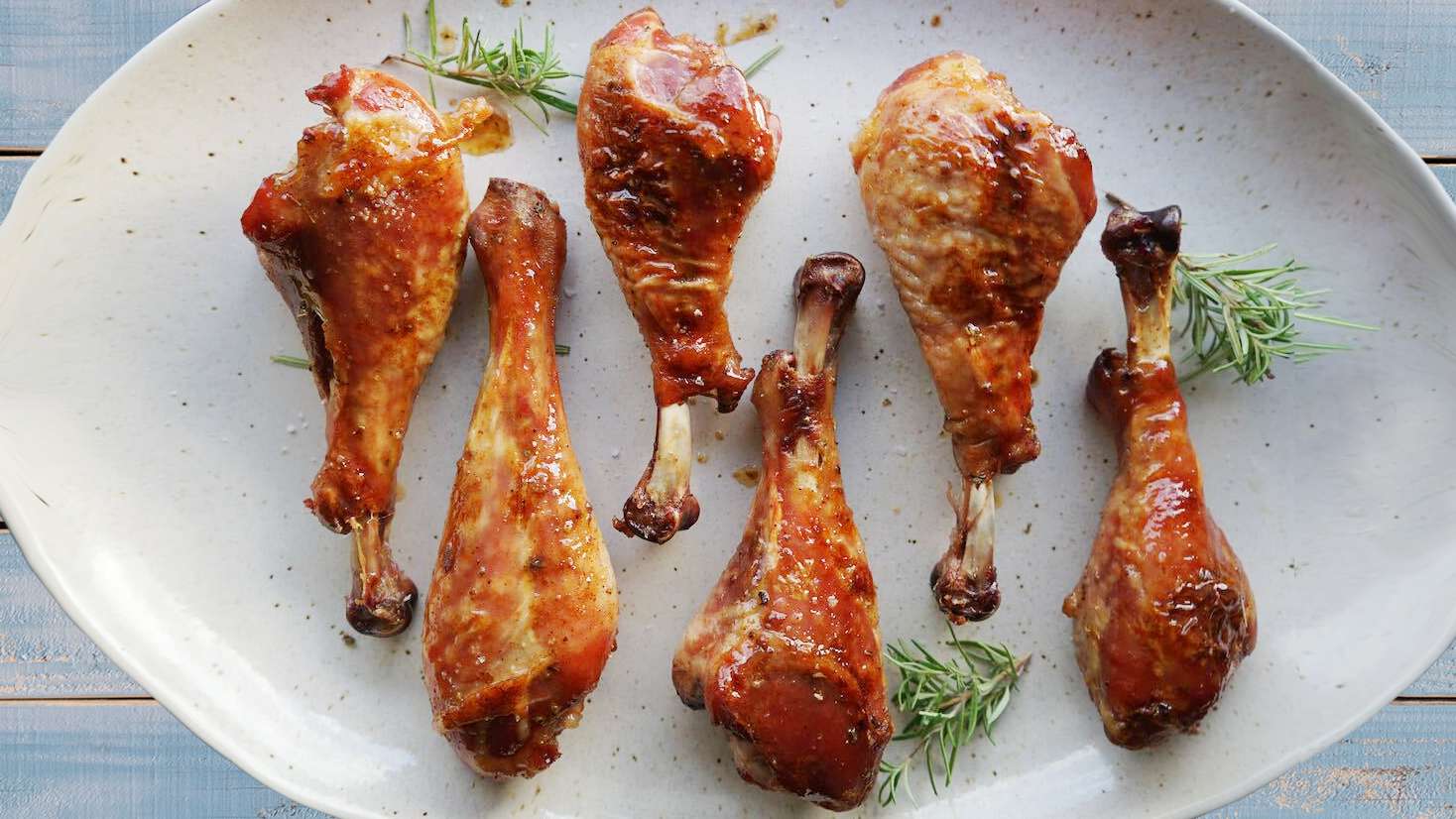Cooking Chicken for Your Canine Companion
If you’re a dog owner, you know how important it is to provide your furry friend with a balanced and nutritious diet. While commercial dog food is a convenient option, many pet owners prefer to incorporate homemade meals into their dog’s diet. One such meal that dogs absolutely love is chicken! In this blog post, we will guide you through the process of cooking chicken for dogs to eat, ensuring it’s safe and delicious for your four-legged friend.
Why Feed Chicken to Dogs?
Chicken is a fantastic source of lean protein, making it an excellent ingredient to include in your dog’s diet. It provides essential amino acids that contribute to muscle development and repair. Additionally, chicken is rich in vitamins and minerals like B vitamins, selenium, and zinc, which support your dog’s overall health and immunity.
Guidelines for Cooking Chicken for Dogs
Before you get started, there are a few essential guidelines to keep in mind when cooking chicken for dogs:
- Choose the right cut: Use boneless, skinless chicken breasts or thighs for your dog’s meal. These cuts are lean and free from any potential hazards like bones or excess fat.
- Cook it thoroughly: It’s crucial to ensure that the chicken is fully cooked to prevent any bacterial contamination. The internal temperature should reach at least 165°F (74°C).
- Avoid seasonings: Dogs have sensitive stomachs, so it’s best to avoid adding any seasonings or spices to the chicken. Plain, unseasoned chicken is both safe and tasty for your furry friend.
- Cool and shred: Once the chicken is cooked, allow it to cool before shredding it into smaller, more manageable pieces for your dog. This will make it easier for them to chew and digest.
Ways to Serve Chicken to Your Dog
Now that you have cooked and prepared the chicken, it’s time to serve it to your dog. Here are a few simple and healthy options:
- Stand-alone dish: Serve the shredded chicken on its own as a protein-packed meal for your dog. Ensure the pieces are cut into bite-sized portions for easy consumption.
- Mixed with kibble: Add a few spoonfuls of shredded chicken to your dog’s regular kibble to enhance its taste and provide an extra nutritional boost.
- In homemade treats: Use the cooked chicken as an ingredient in homemade dog treats. You can find a wide variety of simple and nutritious recipes online to pamper your pup with.
A Note on Portion Control
While chicken is a healthy addition to your dog’s diet, it’s crucial to practice moderation. Too much chicken can lead to an imbalance in their overall nutritional intake. Consult with your veterinarian to determine the appropriate amount of chicken to include in your dog’s meals based on their size, breed, and activity level.
Remember, cooking chicken for dogs can be a fun and rewarding experience. By following these guidelines and incorporating it into a well-rounded diet, you’ll not only satisfy your dog’s taste buds, but also contribute to their overall health and well-being.
